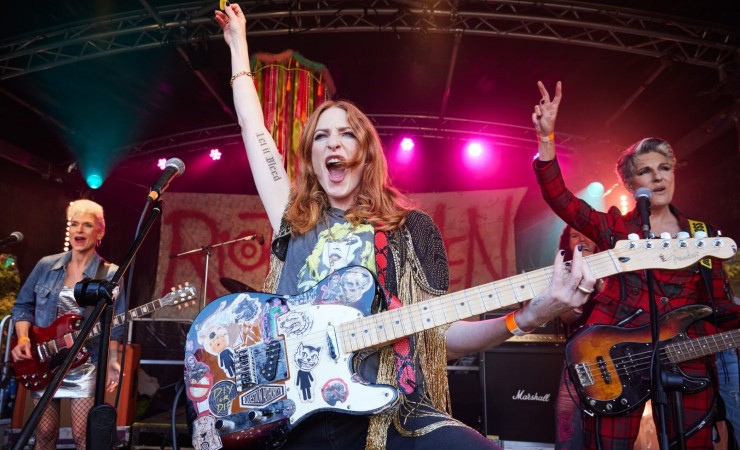The BBC’s balancing of diversity and impartiality is in the spotlight again after the broadcaster pulled out of an LGBTQ+ inclusivity programme run by campaigning organisation Stonewall.
The BBC said that its participation in Stonewall’s Diversity Champions Programme “has led some to question whether the BBC can be impartial when reporting on public policy debates where Stonewall is taking an active role”. It has also cut ties with Stonewall’s Workplace Equality Index.
Union Bectu has warned that the decision will be “incredibly damaging to the morale of the LGBT workforce and will negatively impact the BBC’s ability to attract talent in the future," while The TV Mindset warned: "This should be extremely concerning for all of us in TV."
The BBC has previously come under fire over its stance on staff wearing pink ribbons in support of gay rights, or supporting marches. Its decision coincided with Marcus Ryder’s plea for broadcasters not to equate diversity with impartiality, citing comparable gestures such as support for footballers taking the knee.
Stonewall’s stance on trans rights and gender identity has proved divisive, with its co-founder Matthew Parris claiming it had been “cornered into an extremist stance” on the issue and arguing that it should drop the ‘T’ from LGBTQ+.
BBC Sounds recently launched an investigative podcast into Stonewall, which raised questions about the Diversity Champions Programme. Northern Ireland broadcaster Stephen Nolan, who presented the 10-part series, said colleagues had warned him about the impact that looking into the “untouchable” organisation could have on his career and safety.
Channel 4, Ofcom, the Home Office and the Ministry of Justice have all dropped the scheme.
The BBC stressed that being part of the programme had never required it to support Stonewall’s campaigns or policy positions and said it will continue to work with external organisations, including Stonewall, on “relevant projects to support out LGBTQ+ staff”.
Stonewall countered: "It is shocking that organisations are being pressured into rolling back support for LGBTQ+ employees."



